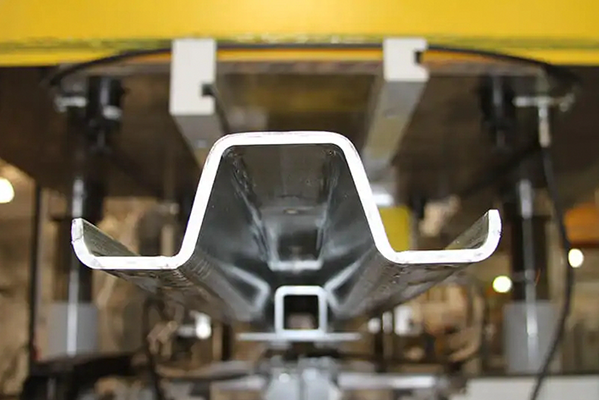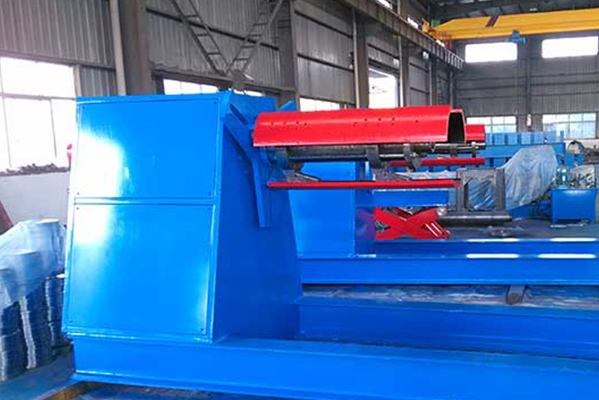Navigation Menu
Contact Us
- Email:
- info@wxavatar.com
- Address:
- Yurong Village, Yuqi Street, Huishan District, Wuxi, China.
Release Date:Jul 24, 2025 Visit:54 Source:Roll Forming Machine Factory
When looking to purchase a roll forming machine for personal use, there are several key factors to consider to ensure you get a machine that meets your needs and provides lasting value. This isn't just about making a purchase; it's about investing in a tool that can bring your creative or practical projects to life.

Understanding Your Project Needs
Before diving into machine specifications, take a moment to understand what you'll be using the roll forming machine for. Are you planning to create custom gutters, decorative trim, or perhaps components for a small construction project? The type of material (e.g., steel, aluminum, copper) and its thickness will significantly influence the machine you choose. Different machines are designed for different material gauges and strengths. Knowing your primary applications will help narrow down the options considerably.
Machine Size and Footprint
For personal use, space is often a premium. Roll forming machines can vary greatly in size, from compact benchtop models to larger, freestanding units. Measure the area you have available in your workshop or garage. Consider not just the machine's dimensions, but also the space needed around it for safe operation, material feeding, and finished product removal. A machine that's too large for your space can be a constant source of frustration.
Power Requirements
Roll forming machines operate using various power sources. Smaller machines might run on standard household electrical outlets, while larger or more robust models could require dedicated high-voltage circuits. Verify the machine's power requirements against your available electrical supply to avoid costly electrical upgrades or the need for specialized wiring. Safety should always be a top priority.
Ease of Operation and Adjustability
For personal use, you'll likely want a machine that is relatively straightforward to set up and operate. Look for models with intuitive controls and clear instructions. The ability to easily adjust the machine for different profiles or material thicknesses is also a significant advantage. Some machines offer quick-change tooling systems, which can save a lot of time and effort if you plan to produce a variety of shapes.
Durability and Construction Quality
A roll forming machine is an investment, so you want it to last. Examine the machine's construction materials and overall build quality. Look for sturdy frames, robust rollers, and well-machined components. Reading reviews from other personal users can offer valuable insights into a machine's long-term reliability. A well-built machine will provide consistent results and require less maintenance over time.
Manufacturer Support and Parts Availability
Even the most reliable machines may eventually need servicing or replacement parts. Consider the reputation of the manufacturer and the availability of technical support. Can you easily obtain spare parts if needed? A manufacturer with a strong support network can save you a lot of headaches down the line.
Budget Considerations
Finally, set a realistic budget. Roll forming machines for personal use can range widely in price. While it might be tempting to opt for the cheapest option, remember that compromising too much on quality can lead to performance issues and a shorter lifespan for the machine. Balance your budget with the features and durability you need for your projects.

By carefully considering these factors, you'll be well-equipped to choose a roll forming machine that perfectly suits your personal projects and provides years of reliable service. What kind of projects are you hoping to tackle with your new machine?